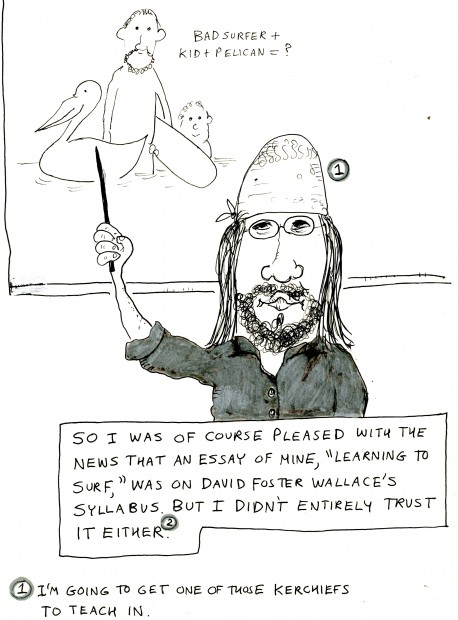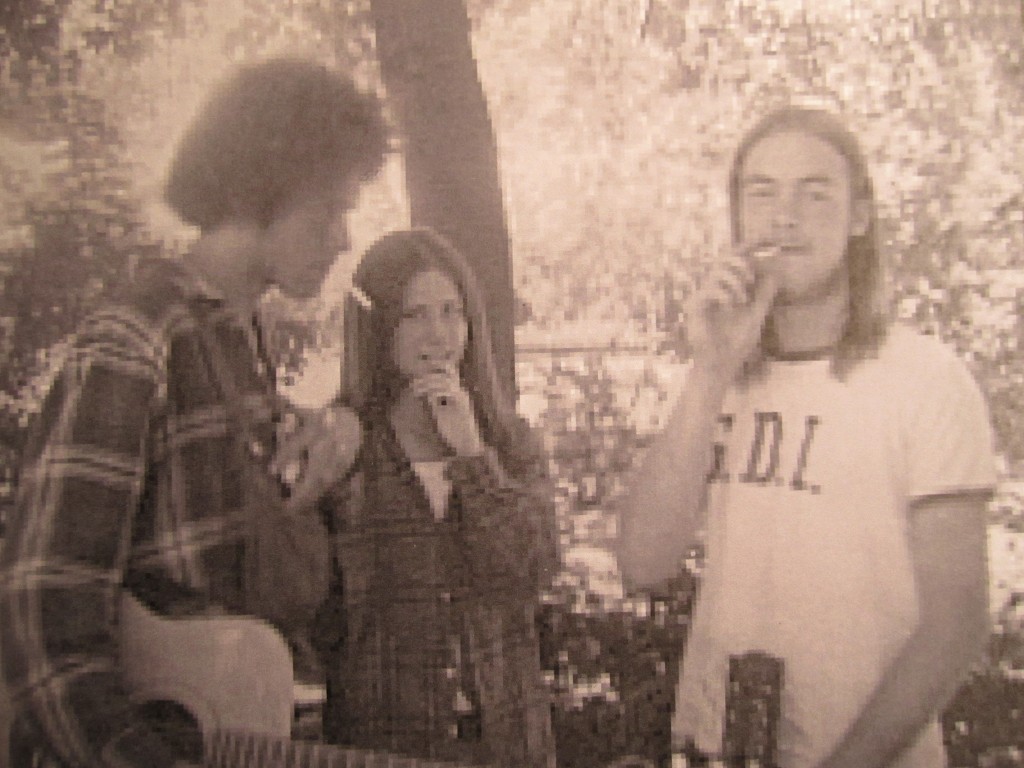Cocktail Hour
Table for Two: An Interview with Debut Author Annie Weatherwax
categories: Cocktail Hour / Table For Two: Interviews
comments: 10 comments

Annie Weatherwax
Debora: Annie, if we were really here at Bistro C.V. here in Steamboat Springs, Colorado, where I live, you would be able to see how edgy this place is. It’s a good pairing for your new novel! Let’s go sit at the bar. My friend is bartending this evening. She knows all about the wines—which are fabulous here. And we’ll have the opportunity to sample a nice variety, since I want to find out everything about you and your book. But first, Annie, welcome to Bill and Dave’s Cocktail Hour, cheers and congratulations on All We Had.
Annie: I’m thrilled to be here. Thank you for inviting me and I can’t wait to try a little wine! Continue reading →
Bad Advice Wednesday: Just Write (2)
categories: Cocktail Hour
comments: 4 comments
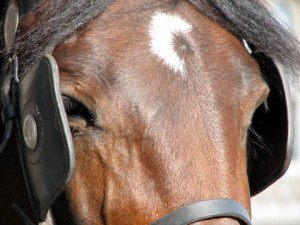
Blinders are not all bad.
Why did I call my graduate class this coming spring “Just Write”? Well, “Just Write, Baby” seemed potentially sexist. And “Just Fucking Write” (which was my first choice) kind of crude. But the point, and I bet you get the point already, is to, yes, write.
I’m currently at work on what I hope is my tenth published book. I have easily that number of unpublished books. In some ways I’ve learned a lot and tend to think in big narrative, shaping material somewhat naturally (if you can call something earned over three decades “natural”) but in at least one very real way things are no different than when I was working on the three unpublished novels of my twenties. What remains the same is the fact that books don’t come into being through theory, through brainstorming, through gentle musing. Yes, all those things help and are necessary but the moment when something goes from a whimsical nothing into the beginning of a book is exactly the moment you start writing it. Not jotting ideas about it. Not considering point-of-view. Not wondering if a book about an amputee from Seattle who works with baboons will sell. And not writing another outline dear god.
Writing, daily effortful writing toward the goal of making a book, is quite different from any of those things. It requires pushing ahead and, if you keep pushing ahead on a daily basis, gaining the known scientific benefit of pushing: momentum. And then, if you are lucky, the Continue reading →
Drawing Kate
categories: Cocktail Hour
comments: 3 comments
Friend of Bill and Dave’s Kate Miles is still roaring around on her supertour (I think). But when she dropped by Wilmington she asked, no pleaded, that I draw her a cartoon head in Bill and Dave’s fashion. Be careful what you plead for, Kate. Just found these, scribbled during your talk here at UNCW….
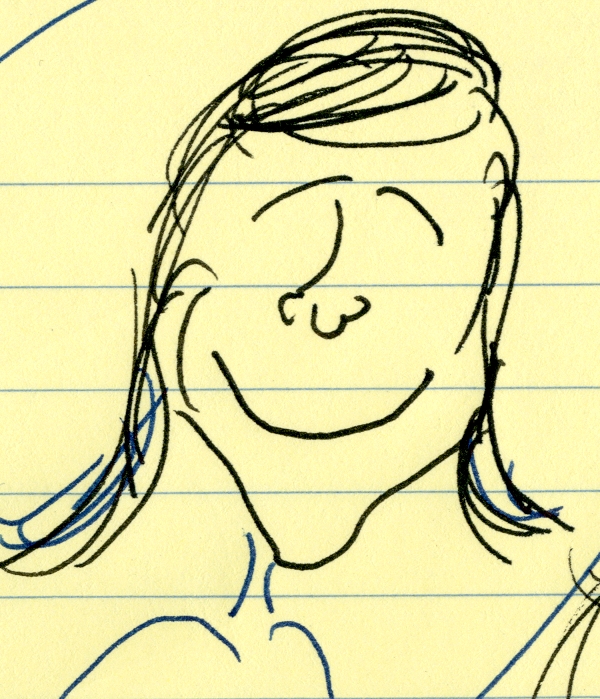
Bad Advice Wednesday: The Memory Game, Redux
categories: Bad Advice / Cocktail Hour
comments: 1 comment
One of the many curious things about the act of writing is the way it can give access to the unconscious mind. And in the hidden parts of consciousness lie not only hobgoblins and neurotic glimmers, but lots of regular stuff, the everyday stuff of memory. The invisible face of your grade school bully is in there, somewhere, and the exact smell of the flowers on vines in your grandma’s Continue reading →
Getting Outside Saturday: Late Fall in Maine (a photo haiku)
categories: Cocktail Hour / Getting Outside / Photo Haiku
comments: Comments Off on Getting Outside Saturday: Late Fall in Maine (a photo haiku)
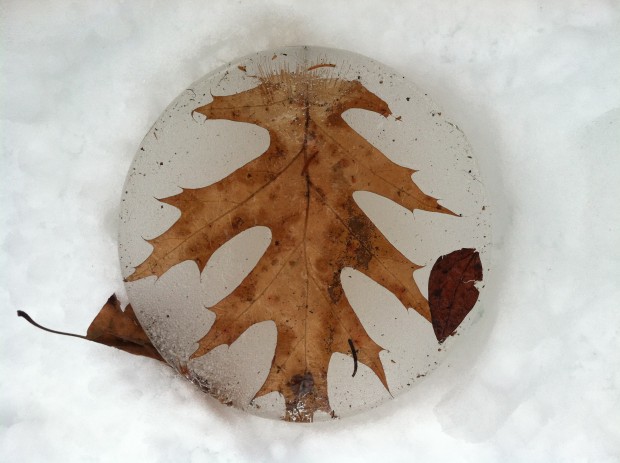
DFW on CNF: Deconstructing David Foster Wallace
categories: Cocktail Hour / Guest Columns / Reading Under the Influence
comments: 3 comments
“. .. personal essays and memoirs, profiles, nature and travel writing, narrative essays, observational or descriptive essays, general-interest technical writing, argumentative or idea-based essays, general-interest criticism, literary journalism, and so on.” —David Foster Wallace’s syllabus definition of creative nonfiction.

As a teacher and writer of nonfiction, I devoured the late David Foster Wallace’s recently released creative nonfiction syllabus. Salon, which published it, called the document “mind-blowing,” evidently referring to its tough-love language. In this blueprint for a night class he taught at Pomona College once a week in Spring 2008—so roughly six months before his death, presumably when he was already suffering from deep depression—Wallace prosecutes a rigorous, distilled aesthetic. He builds toward it in his opening “Description of Class,” which notes that “nonfiction” means it corresponds to real affairs but that creative “signifies that some goal(s) other than sheer truthfulness motivates the writer and informs her work.” Continue reading →
Bad Advice Wednesday: Keeping Happy and Healthy on Tour
categories: Bad Advice / Cocktail Hour
comments: 7 comments

Last book tour I found myself getting depressed at times, a dark feeling overcoming me. I’ve talked with a number of friends including Dave who have felt the same: you’re alone out there, and the great events (big turnouts, smart media, a feeling of partnership with your hosts) don’t always balance out the inevitable bad ones (Oh! We forgot you were coming!). But also, may I repeat: you’re alone. Alcohol, as always, is helpful and harmful in equal measure. Food, the same. Even a great meal and martini alone for the fifth night in a row is no boon. But neither is an ascetic sandwich and early to bed. Up at dawn! To the airport! To the next city! Find the hotel! Grab a shower, and with luck a nap! Find the bookstore or college or library! And then: it’s show time! And repeat. Continue reading →
Lundgren’s Book Lounge: “Something Rich and Strange,” by Ron Rash
categories: Cocktail Hour / Reading Under the Influence
comments: Comments Off on Lundgren’s Book Lounge: “Something Rich and Strange,” by Ron Rash

Ron Rash
In the literary world “regional” often implies diminishment. This despite the indisputable truth that many of our most brilliant writers never left a very small world in their fictional creations; think Garcia Marquez and the mythical world of Macondo and Latin America or Faulkner and the characters and stories from Yoknapathawpa County, Mississippi or Jim Harrison’s tales from Michigan’s Upper Peninsula. Calling these writers “regional” as a form of criticism is absurd; their genius lies in bringing us, their readers, stories from a small world that expose universal truths, meaningful to any reader, anywhere.


